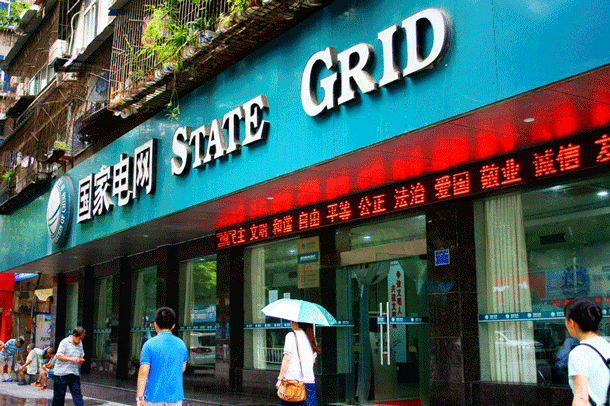(ATF) China’s State Grid posted a notice on its website to say that its main business as the country’s electricity utility will remain its main function – but it will withdraw from its manufacturing and real estate businesses.
Given that China has just announced investment totalling hundreds of billions of yuan in a nationwide “smart grid”, it is no surprise perhaps that the nation’s power behemoth – the world’s biggest utility – needed to smarten up its act.
The State Grid’s business in the real estate sector is undertaken by Luneng Group and State Grid ZTE Corporation, which control a listed company call Tianjin Guangyu Development Co Ltd, which does residential development, commercial real estate projects and property management services.
Following this new notice, the State Grid will have to divest its listed subsidiaries.
Luneng Group was established at the end of 2002 and is a wholly-owned subsidiary of State Grid Corporation. Its core business is in the real estate and energy sectors. Luneng has 29 years of urban development experience, and has been deployed in 23 provinces and municipalities across the country. It has undertaken developments covering a cumulative area of 13 million square meters and served 300,000 owners.
State Grid Zhongxing Co Ltd was established in 1992. It specializes in property management, real estate investment and development, hotel management and catering management.
Guangyu Development is a listed company of State Grid Holdings that controls Luneng Group, via a shareholding of 76.13%.
Luneng Group has also branched out into cultural tourism, sports, health, technology and other areas. The Luneng Taishan Football Club and Luneng Table Tennis Club have repeatedly won top championships such as the Chinese Football Super League and the China Table Tennis Super League. The State Grid is also known to have a big interest in tennis.
Plan to ‘fix’ its hotels
State Grid said it would first strengthen supervision and “rectify” the hotels it owns. As of the end of 2019, 12 of its 33 hotels had been closed down for not completing required reforms, while the 21 others were speeding up work on the changes they had to undertake.
Following the notice, State Grid said it would strictly control the scope of its business – expand its core activity, while publishing a list of 40 prohibited businesses.
The State Grid said it had established a special working group on grid security defense, and would focus on long-term research on key core technology mechanisms, such as internet related technologies.
























